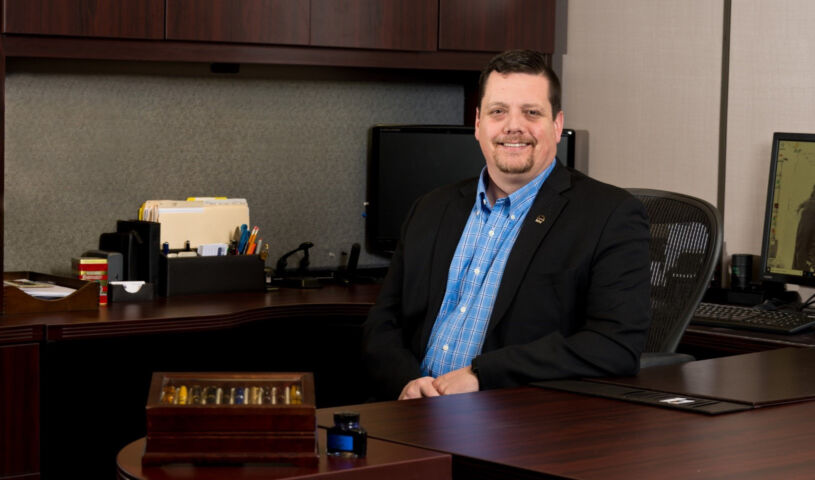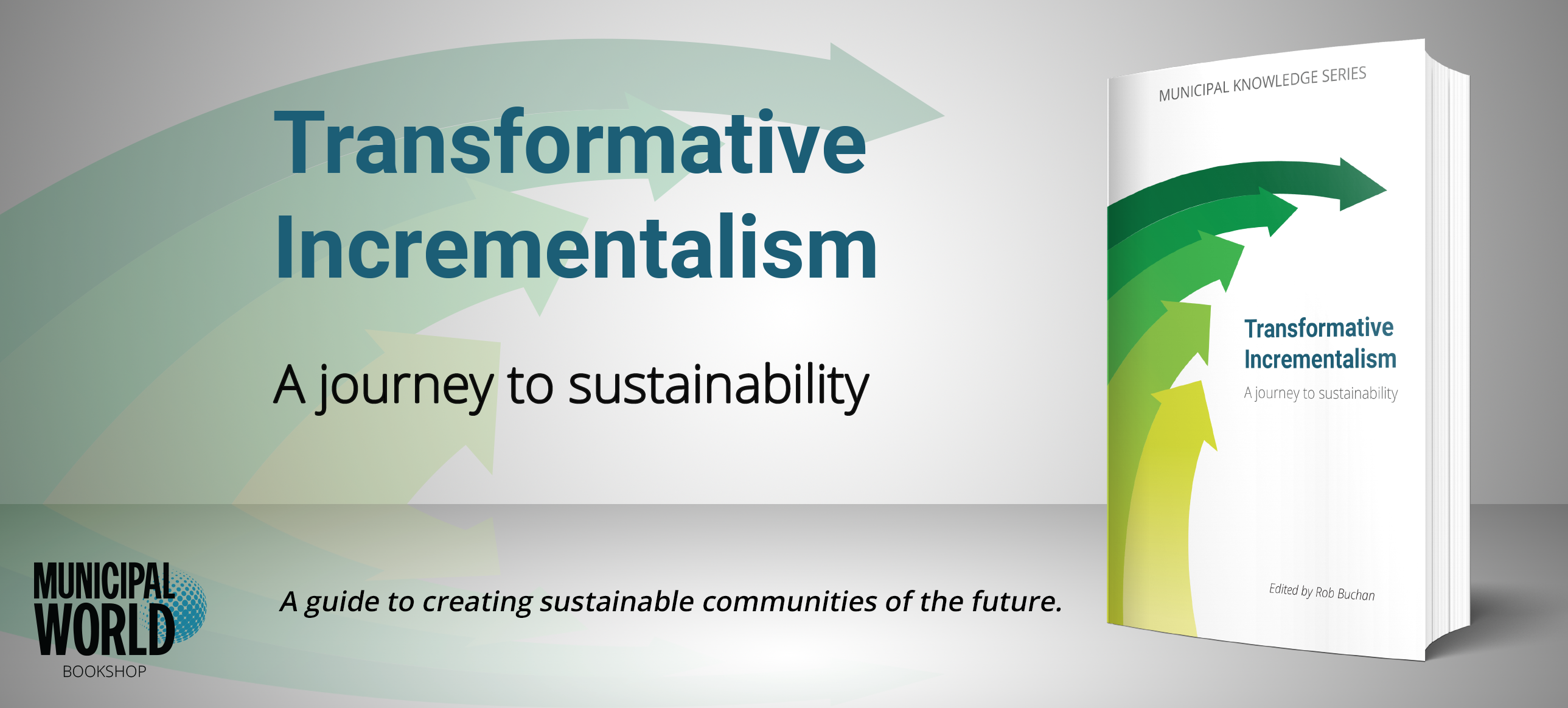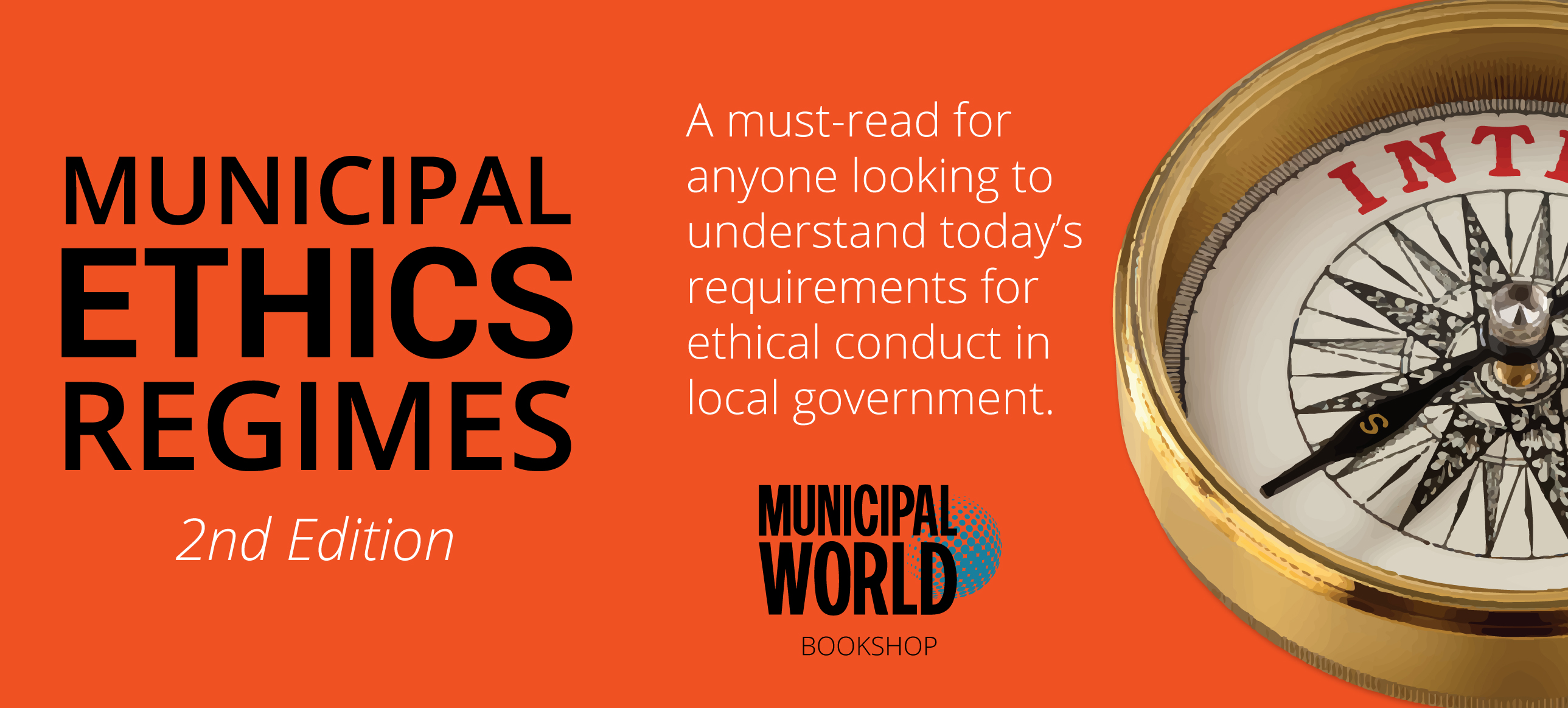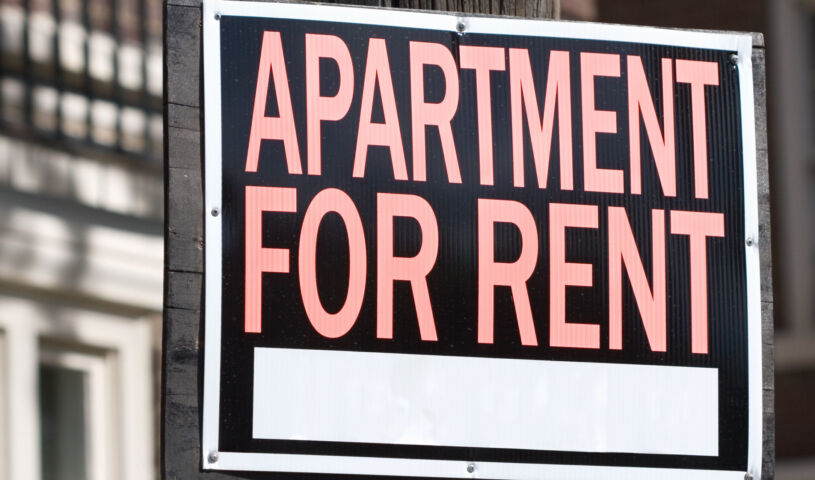SUMA boss expects busy 2024 in Saskatchewan
 Municipalities in Saskatchewan faced their share of challenges in 2023. Jean-Marc Nadeau, CEO of the Saskatchewan Urban Municipalities Association, expects 2024 will likely see those big issues continue. But he also sees additional complications on the horizon. Photo: Jean-Marc Nadeau
Municipalities in Saskatchewan faced their share of challenges in 2023. Jean-Marc Nadeau, CEO of the Saskatchewan Urban Municipalities Association, expects 2024 will likely see those big issues continue. But he also sees additional complications on the horizon. Photo: Jean-Marc Nadeau
Municipalities in Saskatchewan, much like everywhere, faced their share of challenges in 2023. But the bigger concern for the organization representing many of those communities is what is to come in 2024.
Saskatchewan Urban Municipalities Association (SUMA) represents the province’s largest cities and it’s smallest villages. Under Saskatchewan legislation, any gathering of residents with an autonomous municipal government is considered urban. This means that every village, resort village, town, city, and northern municipality in Saskatchewan is a part of the urban family.
For CEO Jean-Marc Nadeau, the biggest challenge continues to be provincial downloading. Mental health, addiction, homelessness, and all the collateral costs of these issues is something Nadeau said municipalities experienced in 2023 and will continue to experience in 2024.
Facing the Infrastructure Gap
A big problem in Saskatchewan, like with every other community across the country, is infrastructure. In Canada, 60 per cent of all the infrastructure is managed by municipalities.
This is a reality from Canada’s largest city, Toronto, to one of the smallest in Saskatchewan, the Village of Torquay. As an example, Nadeau points to a nearly $2.1 million upgrade to the village’s water treatment plant. That may not sound like a lot until one considers the Village of Torquay has a population of 250 people.
“The way the funding and the way the revenue streams are set up for municipalities, it’s just not sustainable moving forward,” Nadeau said. “When there’s a pothole or the water is under boiler advisory, they don’t call the premier of the province, they call the mayor of the municipality. We need, collectively as a society, to start looking at how do we make those municipalities sustainable moving forward.”
Weather Warning on the Horizon
Nadeau expects 2024 will likely see those big issues continue. But he also sees additional complications on the horizon.
For one, Nadeau is concerned with possible drought conditions this year. This, he said, is the results of a lack of snow across the province so far this winter. Given the importance of agriculture in Saskatchewan, those concerns aren’t to be ignored.
“I think we’re going toward a drought. We’ll see what the rest of the winter and spring brings, but certainly not having the amount of moisture in the ground will affect the agriculture industry in Saskatchewan,” Nadeau said. “That 10 or 12 per cent of our GDP. So that’s a big number. And that affects our municipalities. We’ve got to keep an eye on that from a sector perspective.”
Multiple Elections Loom Large
Nadeau is also concerned about something that is going to impact residents from across Saskatchewan in 2024 – elections.
While he is quick to acknowledge a federal election may or may not happen, there will certainly be a provincial election in the fall and municipalities will go to the polls come November. Add them together and Nadeau said he expects 2024 to be “an interesting year.”
SUMA’s job is to advocate for municipal issues to parties and candidates across all orders of government in 2024. As such, SUMA will be working to ensure its 440 member voices are being heard by all the political parties. SUMA represents 80 per cent of the provincial population by way of its membership.
Nadeau said their members want to make sure their voice is being heard across the province. And then, they’re in their own elections as well.
Municipal elections are set for November. Nadeau said SUMA has advocated with the provincial government to move that date to a more weather-friendly date. But so far, no change appears imminent. Nadeau is hopeful the weather cooperates in 2024. In 2020, some municipalities had to delay their elections because of significant storms on election day.
“We’ll see. Knock on wood, hopefully everything goes well,” Nadeau said. “But we’re going to continue that path as well. Working with the Elections Saskatchewan, Chief Electoral Officer Michael Boda, to hopefully convince the provincial government that we need to move our dates. But that’s again in the future.”
Concern About Staff Burnout
Nadeau lauds his team for its ability to “punch above our weight class” when it comes to the amount of work they do. But he acknowledges there are concerns for his staff.
With serious concerns around staff burnout, Nadeau said SUMA implemented a modified work week.
The decision was made to extendwork hours by 45 minutes every day to allow for a weekly schedule that sees staff working only one Friday a month. A holdover from the pandemic also sees more virtual work while modernized workspaces are also designed to keep the team fresh.
These changes aren’t Nadeau’s only tools to protect his staff.
“Our meetings are very focused. It’s not a lot of chatter here and there,” he said. “We have a very robust strategic plan and internal advocacy plan that we want to stay focused on. We make sure that we push out the red herrings and just keep our team focused on what’s happening.”
State of Local Government
Elected officials across the country are facing seemingly increasing pressures. It’s often difficult to get women to run for office. It’s also hard to get municipal politicians who have been elected to stay in the job.
There have been “a few hotspots,” Nadeau said, in cities like Regina and Saskatoon. But there are some others, smaller towns and villages, where governance issues have become problematic as well.
Nadeau acknowledges this reality but is quick to add Saskatchewan is “in a relatively stable environment.” But at the end of the day, and with election’s coming up this fall, that stability doesn’t mean there isn’t work to be done.
“In terms of women in politics, I think as a society we need to put greater emphasis on that,” Nadeau said. “That’s something that we’re starting to look at here at SUMA. I’m saying starting only because we’re a small team. We can’t be everything, all things to all people. But we need to start looking at that.” MW
✯ Municipal World Executive and Essentials Plus Members: You might also be interested in Meyer’s article: National strategy invests in municipal resiliency.
Sean Meyer is Digital Content Editor for Municipal World.
Related resource materials:



